On Tuesday 30th April, we joined Caritas Plymouth at St Mary’s Catholic Church in Poole to hear about how we can spot the signs of modern slavery. There was a line up of expert speakers, including Stevie Waight, from The Medaille Trust.
We started the session reflecting on the words of Pope Francis when referring to the work of the Santa Marta Group:
‘…to free the victims of the new forms of slavery… to unmask the traffickers and those who create this market and to offer effective assistance to cities and nations; a service for the common good, and for the promotion of human dignity, that it may be able to draw out the best of every person and of every citizen’.
The Southwest has one of the highest rates of slavery in the country and new figures show a record number of potential slavery victims were referred to Dorset Police. Caritas Plymouth is calling on communities to be vigilant for signs of slavery and has been holding events across the diocese to raise awareness of modern slavery, how to spot the signs, and how to report any suspicions to the relevant agencies.
Members of the community joined after mass to hear Stevie speak about the many types of slavery, such as criminal exploitation, domestic servitude and forced labour, amongst many others. We also discussed who may be most vulnerable to slavery, such as those with addiction issues, insecure immigration status, or homeless, before looking at the UK referral system and the support available to victims. Attendees were particularly shocked to learn that as per the statistics, UK nationals are currently the most trafficked group, including under 18s.
In our discussion groups we reflected on what we heard and whether we had encountered anyone who displayed potential signs of slavery/exploitation, thinking in particular about our local area and how well we know it. Many people are concerned when faced with the prospect of reporting that their suspicions may be false, but as noted by Neville Bradbury of the Gangmasters and Labour Abuse Authority (GLAA), they will always make sure to investigate whilst protecting any potential victims, and they do so in collaboration with a number of partners, including the police and local agencies.
Some of the signs to look out for include:
- an individual’s appearance and whether they show signs of physical or psychological abuse.
- If they are reluctant to seek help or appear frightened and are unable to maintain eye contact.
- If they reside in dirty, cramped or overcrowded accommodation, and perhaps appear unfamiliar with their neighbourhood.
- If they are rarely allowed to travel on their own, are collected and dropped off on a daily basis, and if they have no control of their personal documentation/ID.
To see an infographic of these signs, click here.
If you have any suspicions or concerns, you are encouraged to contact the following numbers:
- 999 in an emergency
- 101 for non-emergency suspicions
Other helplines for advice include:
- The modern slavery helpline: 08000 121 700
- The Salvation Army: 0300 303 8151
- Your diocesan safeguarding team, whose contact can be found at: https://catholicsafeguarding.org.uk/contact-us-and-other-information/locate-a-church-body/
Attendees left the event with a better understanding of how to spot the signs and whom to report to. We thank Caritas Plymouth for hosting an insightful and engaging event and encourage communities to reach out to their dioceses for further information on human trafficking and modern slavery. We have also recently published a worksheet for our new Do Justice campaign, which further explains how individuals and communities can help: https://dojustice.co.uk/resources/downloads/.
Aliya Zahin
Caritas Migration Officer


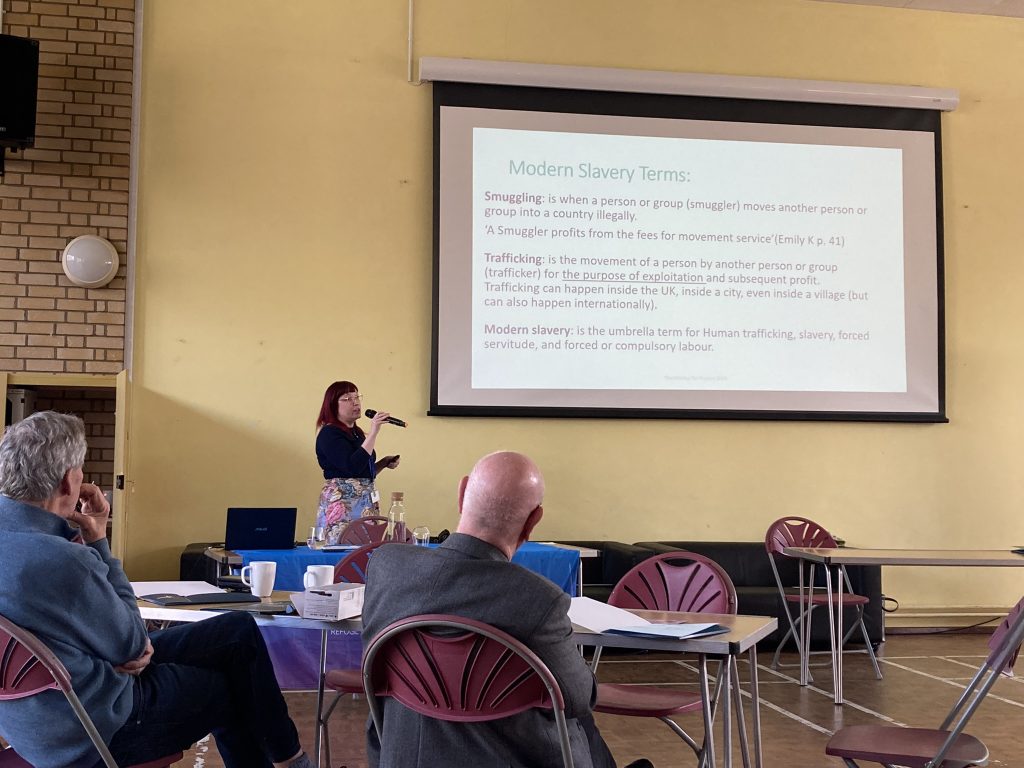
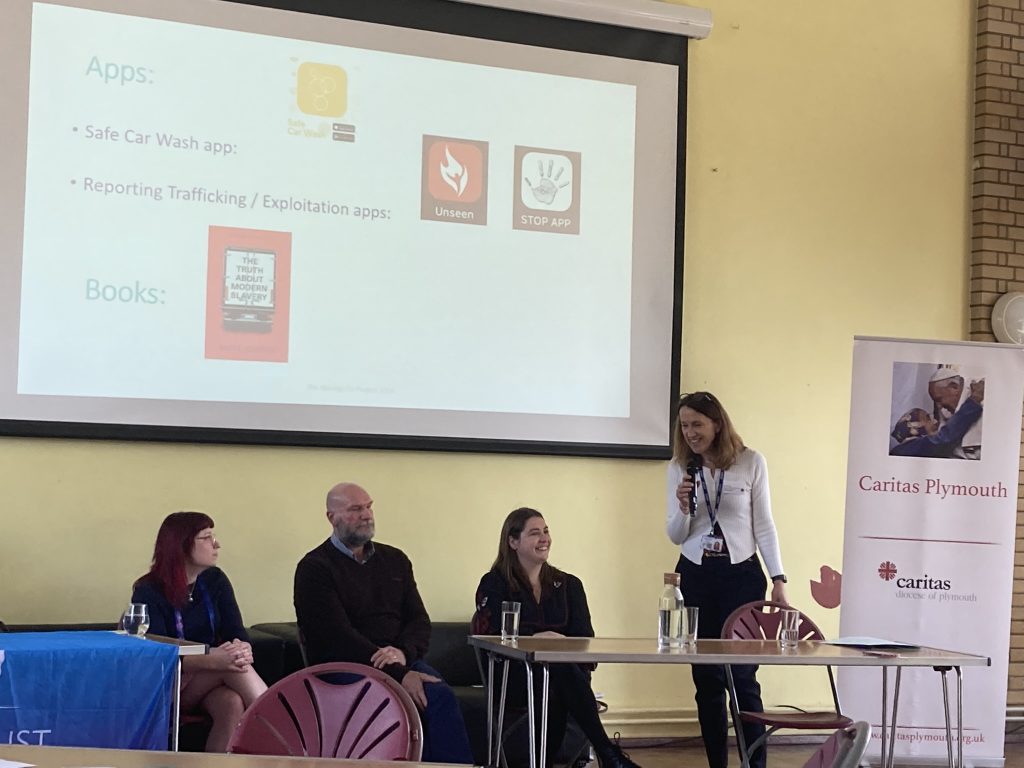
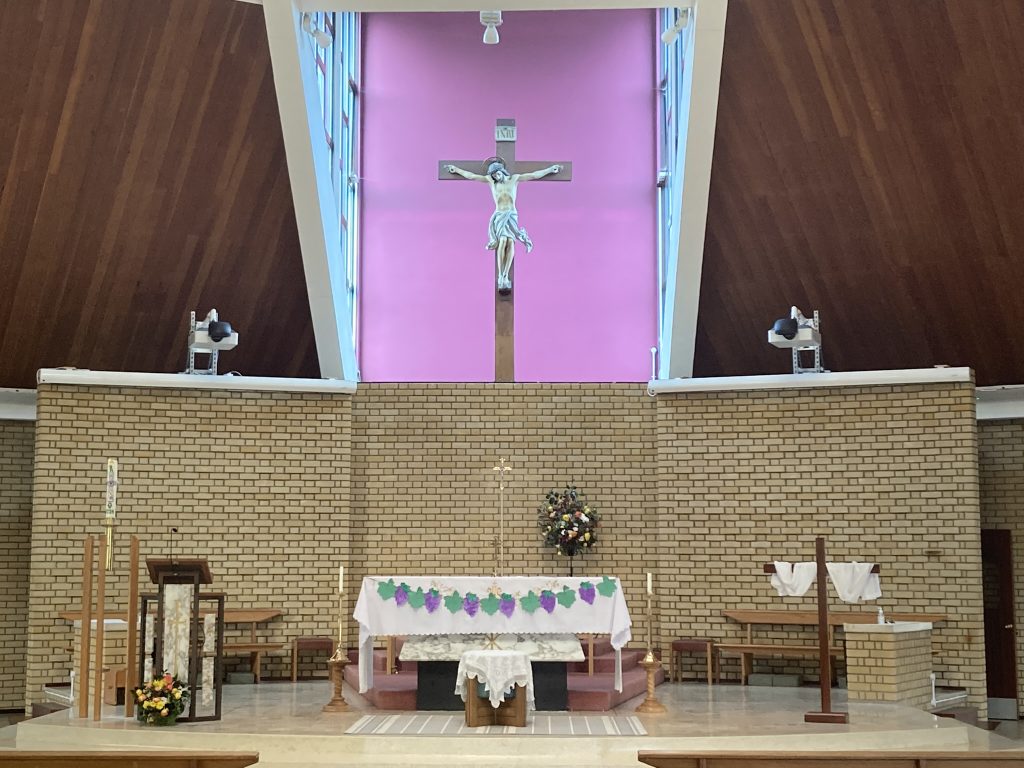
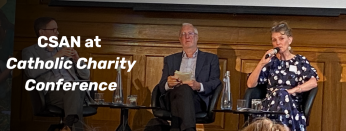

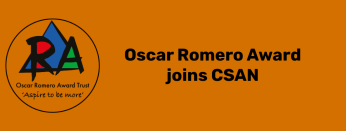

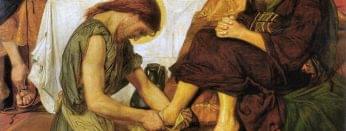
You must be logged in to post a comment.